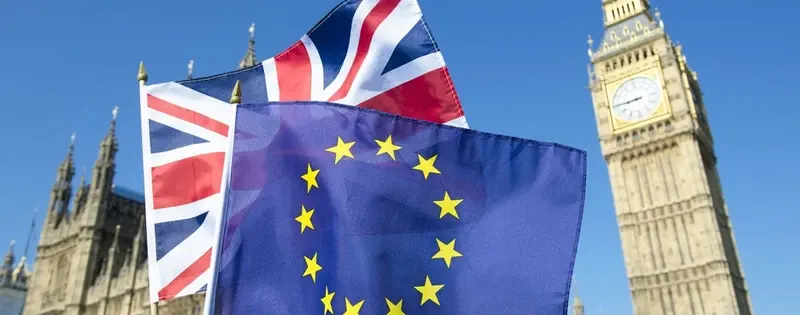
The latest dramatic twist on Brexit, with House of Commons Speaker John Bercow apparently ruling out a third vote on Theresa May’s deal without substantial changes (18 Mar), arguably puts the destiny of the tortured process back in the hands of EU leaders which meet at a summit that starts on 21 March.
May has already said she will seek an extension of Article 50, the mechanism by which the UK is leaving the EU, which will require the unanimous approval of all 27 EU members.
The plan appears to be a short delay until the summer if the deal passes and a longer one if it doesn’t go through. However, thanks to Bercow’s intervention a so-called ‘meaningful vote’ on May’s agreement now looks increasingly unlikely ahead of the EU summit.
The expectation is that an extension will be offered but the length of any extension and the conditions attached are in question.
May will be hoping the threat of a possible long extension and political maneuvering to put her Brexit agreement before MPs despite Bercow’s objections will allow the deal to squeak through with the UK’s exit taking place perhaps a matter of weeks after the originally planned date of 29 March 2019.
The likely alternative would be accepting a more prolonged extension to Article 50 which would probably also involve the UK participating in European parliament elections in late May. This might well be unpopular with the EU.
THE IMPACT ON MARKETS AND BUSINESS INVESTMENT
One possibility is that the EU offers May a brief delay at the summit conditional on the deal passing and a longer one to allow the UK to come up with a new Brexit position if it fails to do so.
For now, sterling remains steady and the markets are taking the latest ructions on Brexit in their stride. However, if the EU were to refuse to delay Brexit then you should expect considerable market volatility with the scheduled exit date looming and still the default position if new legislation is not introduced.
Consultancy Capital Economics reckons the uncertainty created by Brexit has already deducted up to 1% from GDP growth since the result of the EU referendum in June 2016.
It calculates that around half this lost investment could come back after a few quarters if there is some form of resolution.
Senior UK economist Ruth Gregory comments: ‘Overall, if a Brexit deal is agreed, a boost of up to 0.5 percentage points of GDP over the next two years seems reasonable as pent-up investment is released, perhaps starting in the third or four quarter after uncertainty has eased.’




